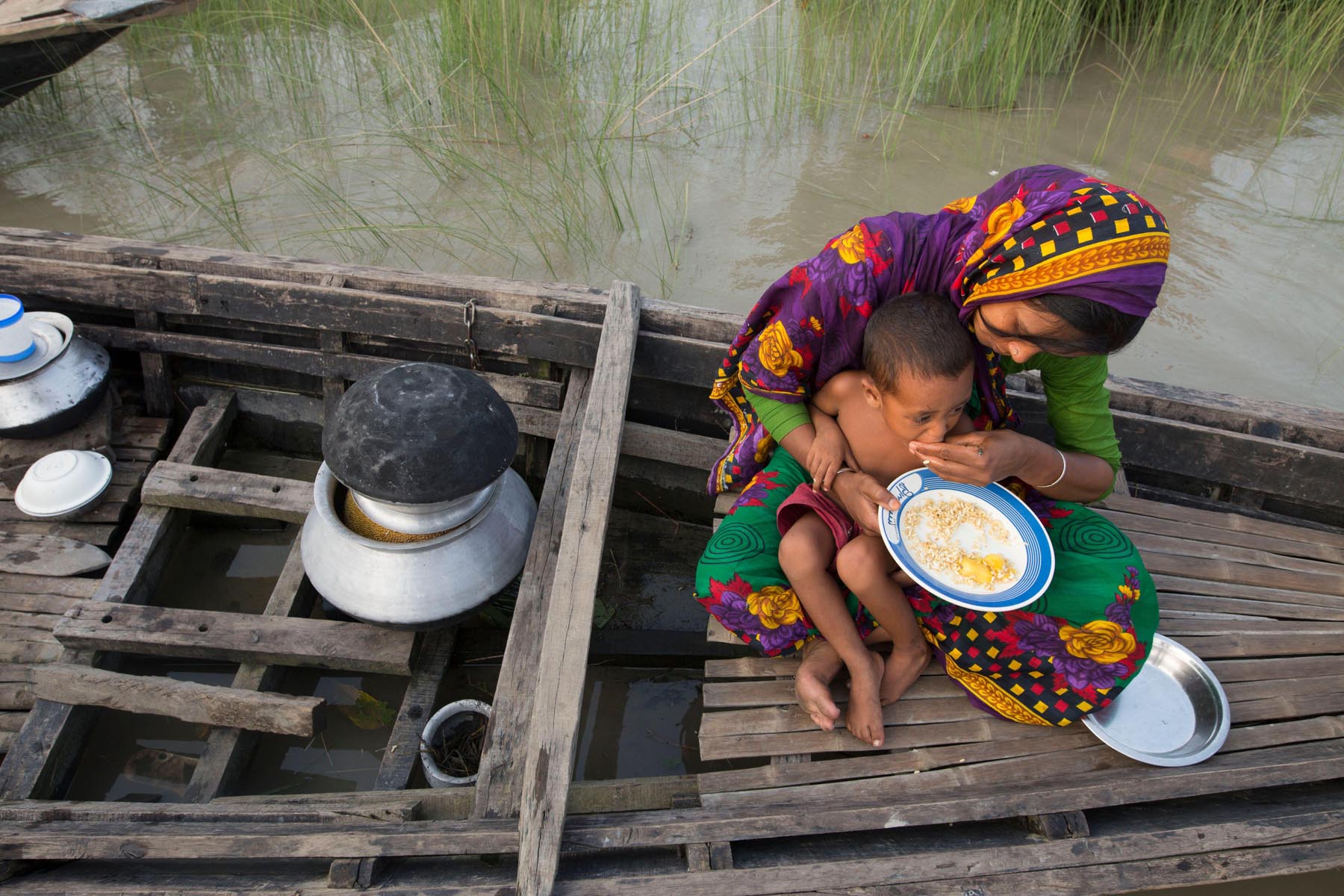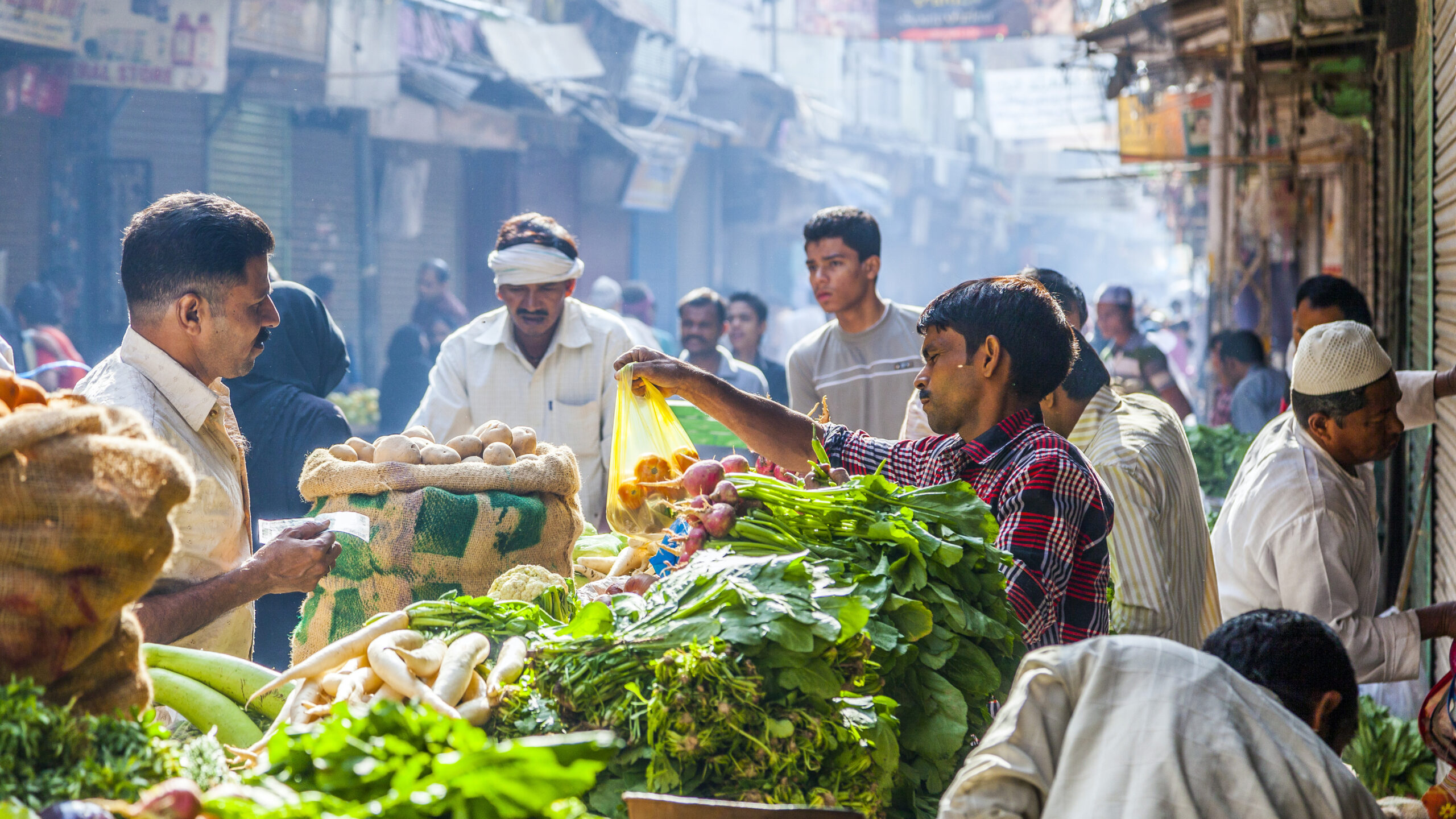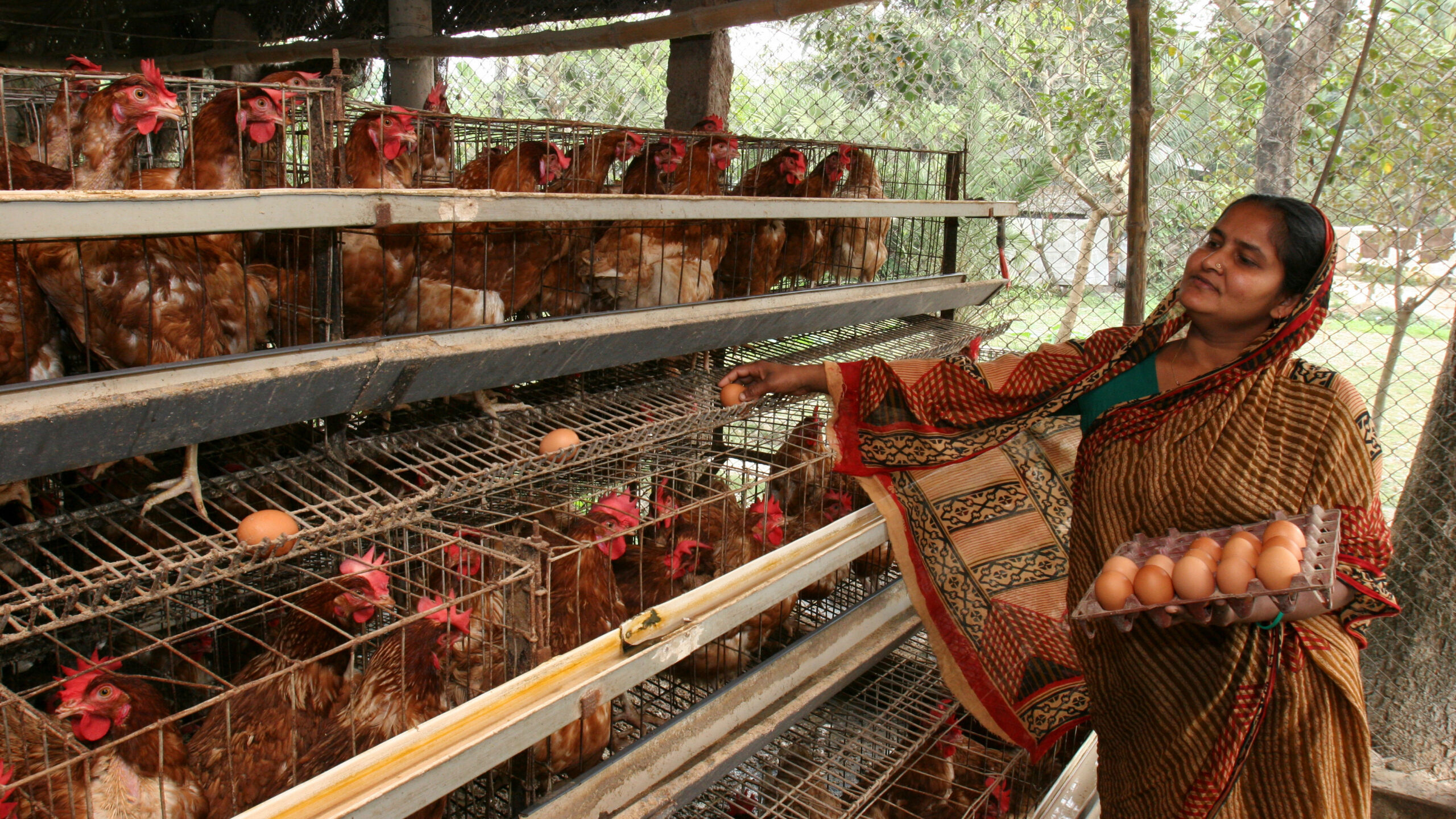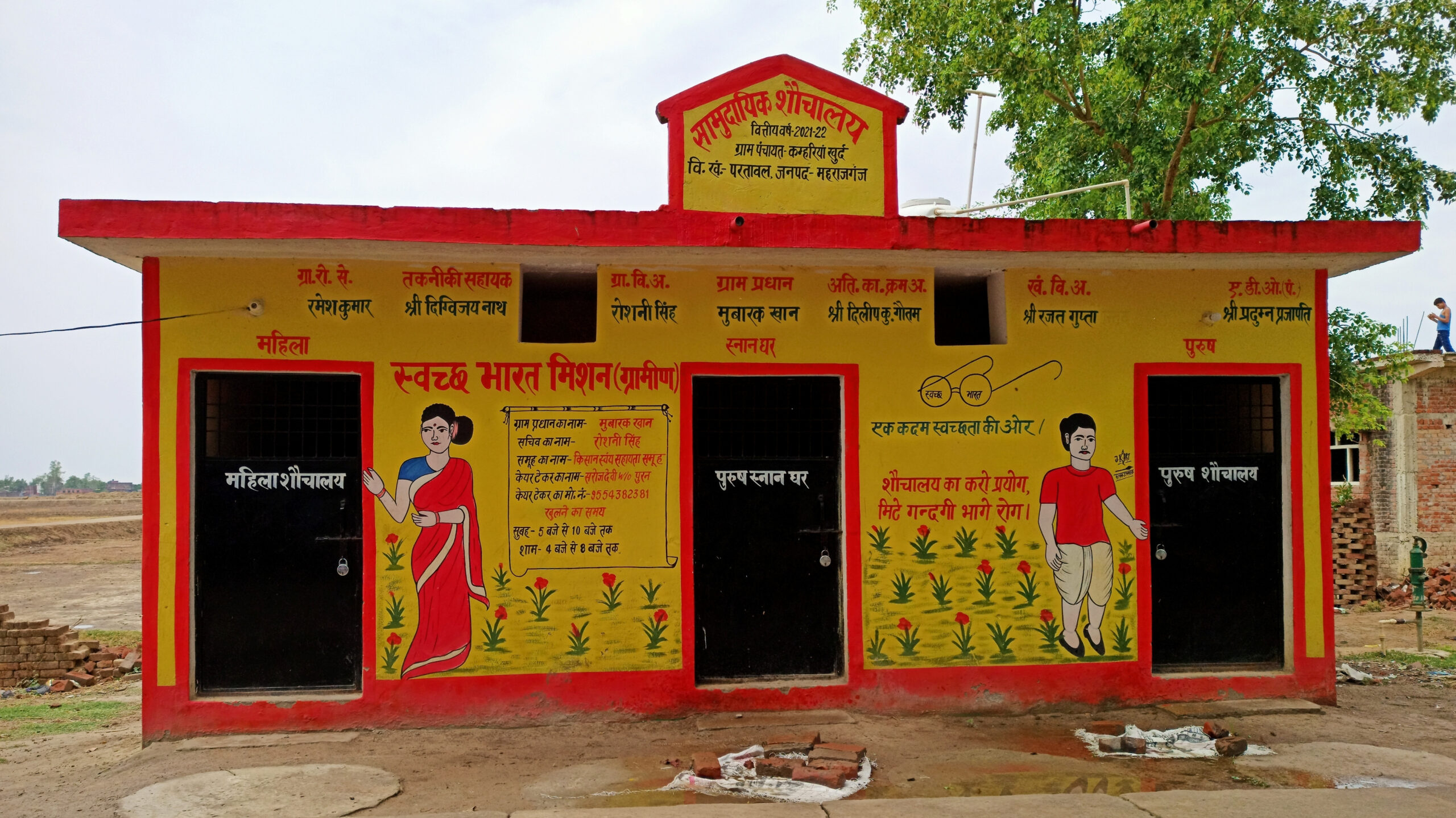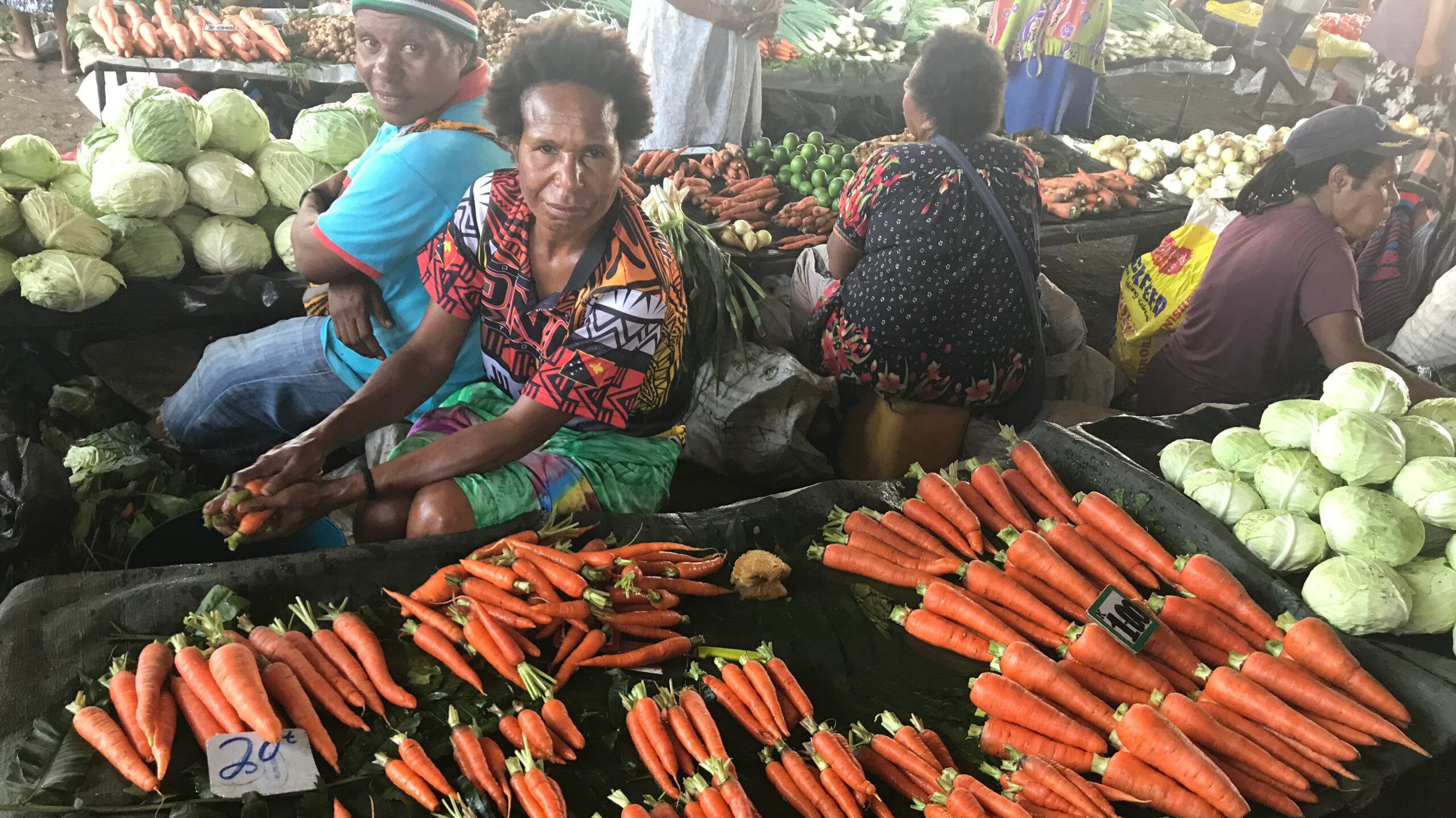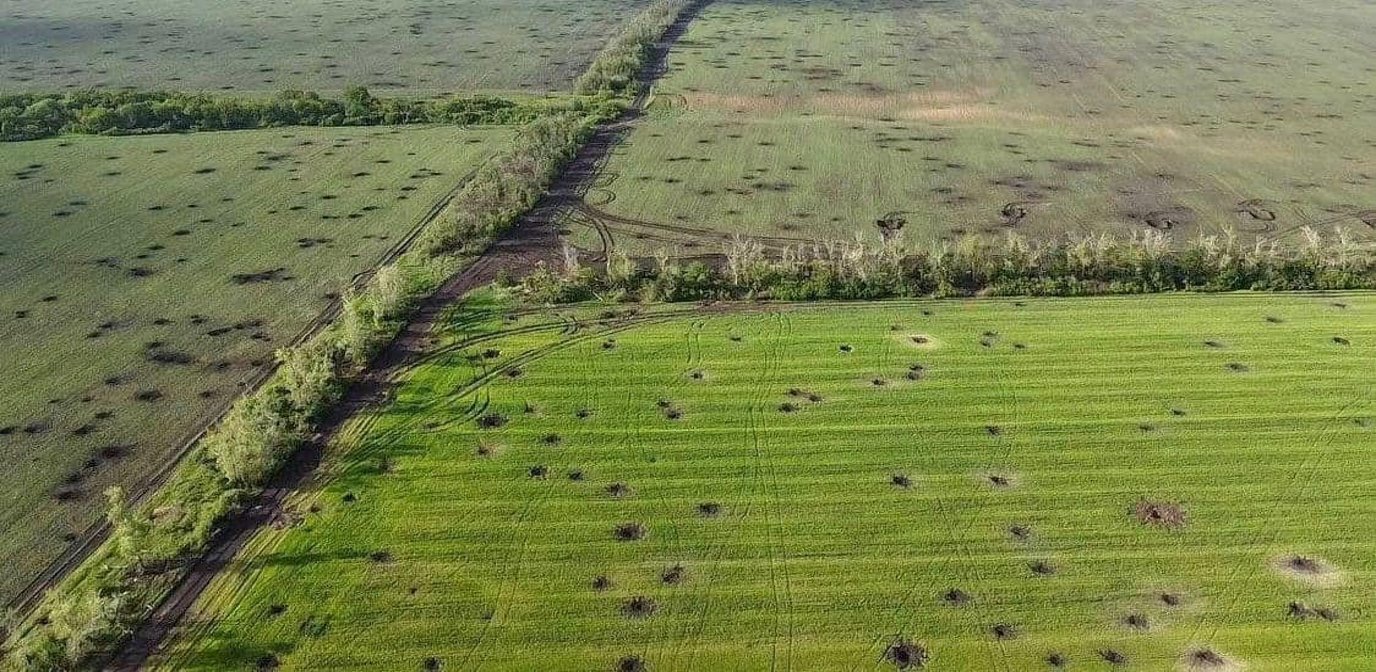
Special series: Conflicts and other shocks impacting food systems
Conflicts and other shocks have triggered rising food insecurity and malnutrition in many places around the world. This special blog series examines how these often-overlapping crises are impacting food systems at the global, national, and local levels. Contributors also evaluate policy responses to food system shocks, with a view to finding effective approaches that enhance the resilience of both national and global food systems. The series is co-edited by Joseph Glauber, IFPRI Senior Research Fellow, and Johan Swinnen, IFPRI Director General and Managing Director of CGIAR’s Systems Transformation Science Group.
This blog series was initiated in February 2022 when Russia’s invasion of Ukraine triggered trade disruptions and significant increases in international prices of energy, agricultural commodities, and fertilizer, which were already elevated due to the COVID-19 pandemic and related value chain disruptions. While those impacts are still being felt, this series has expanded to incorporate posts on new conflicts, such as those in Sudan and Gaza, as well as weather-related disturbances and other food system shocks.
What’s New
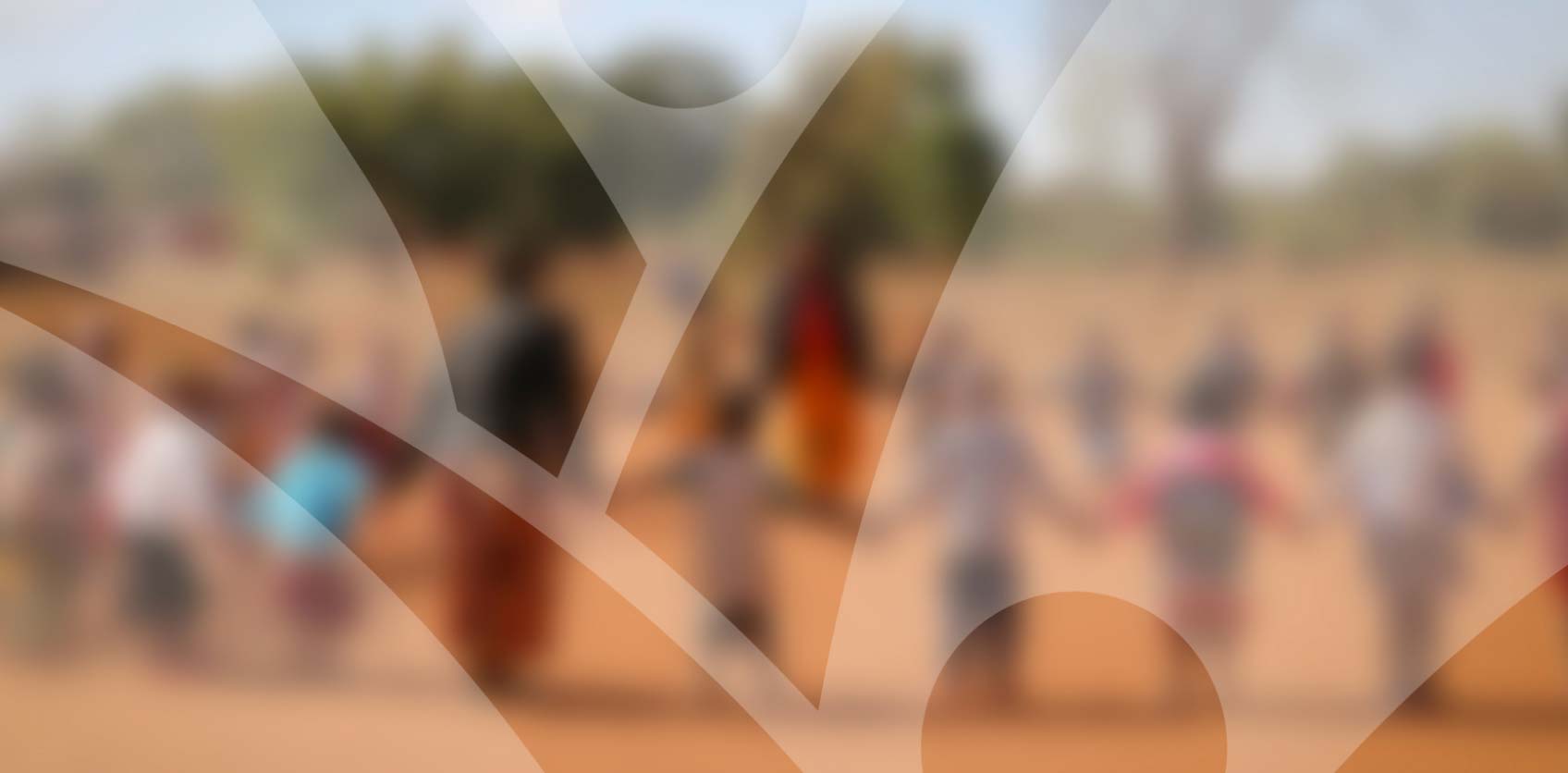
Making a Difference Blog Series

For more than three decades, IFPRI has worked with the Government of Ethiopia to provide evidence-based advice on the development of the country’s agricultural sector.
IFPRI’s research and policy recommendations led to the establishment of Ethiopia’s Agricultural Transformation Agency (ATA) in 2010, which continues to play a critical role in guiding the country’s agricultural development and sustainability.
Tamsin Zandstra, Gashaw T. Abate, Shahidur Rashid, and Nicholas Minot outline how IFPRI’s long-term strategic research support to the ATA has led to several tangible government policy outcomes.
Our Reach
Global, regional, and national food systems face major challenges and require fundamental transformations. More than ever, responding to these challenges will require a systems-oriented, multidisciplinary approach to reshape food systems so they work for all people sustainably.
500k+
Blog views
200k+
Facebook followers
135k+
Twitter followers
20k+
publications
Explore IFPRI’s Interactive Content
-
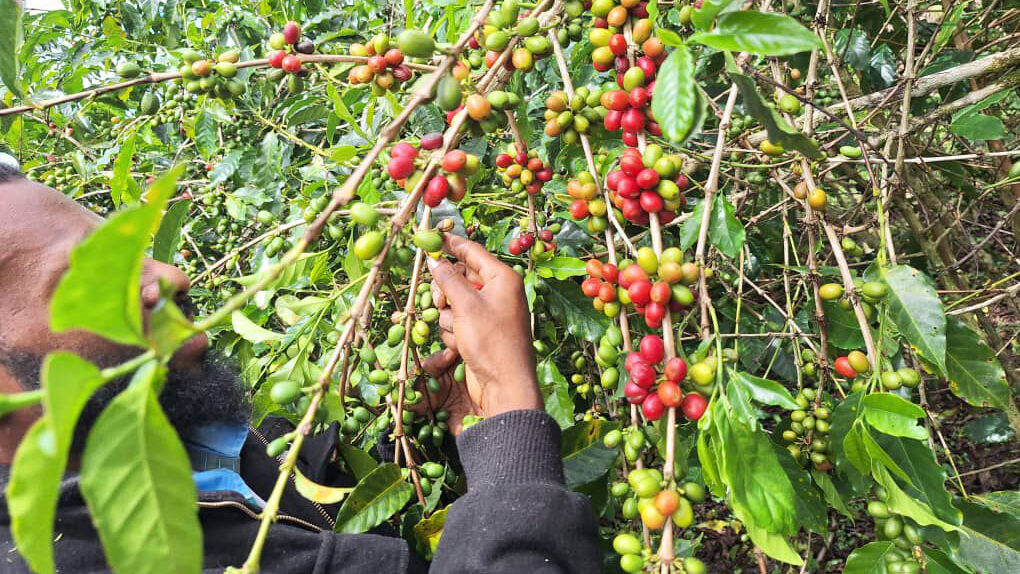
Pathway to Brewing Success: Engaging with Coffee Growers to Understand Production Challenges in Papua New Guinea’s Highlands
Coffee is one of the most important smallholder cash crops in Papua New Guinea (PNG). Despite coffee’s economic importance, growers face production challenges and, on average, still struggle to meet household needs.
-

A tale of two borders: Informal agrifood trade along the Bangladesh–India and India–Nepal borders
-
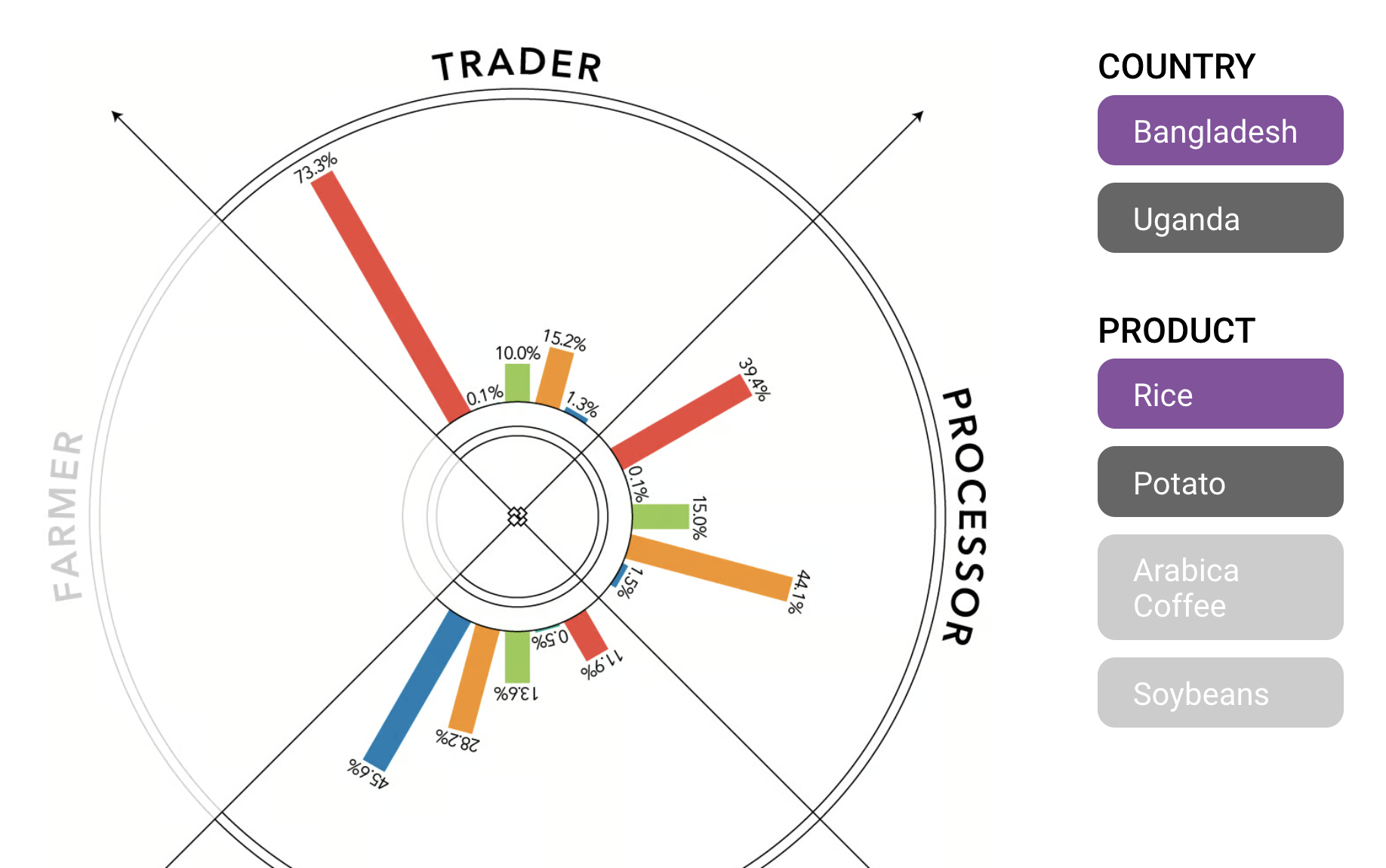
Buying and Selling Patterns for Agrifood Value Chains
The structure of agri-food value chains can be nonlinear.




